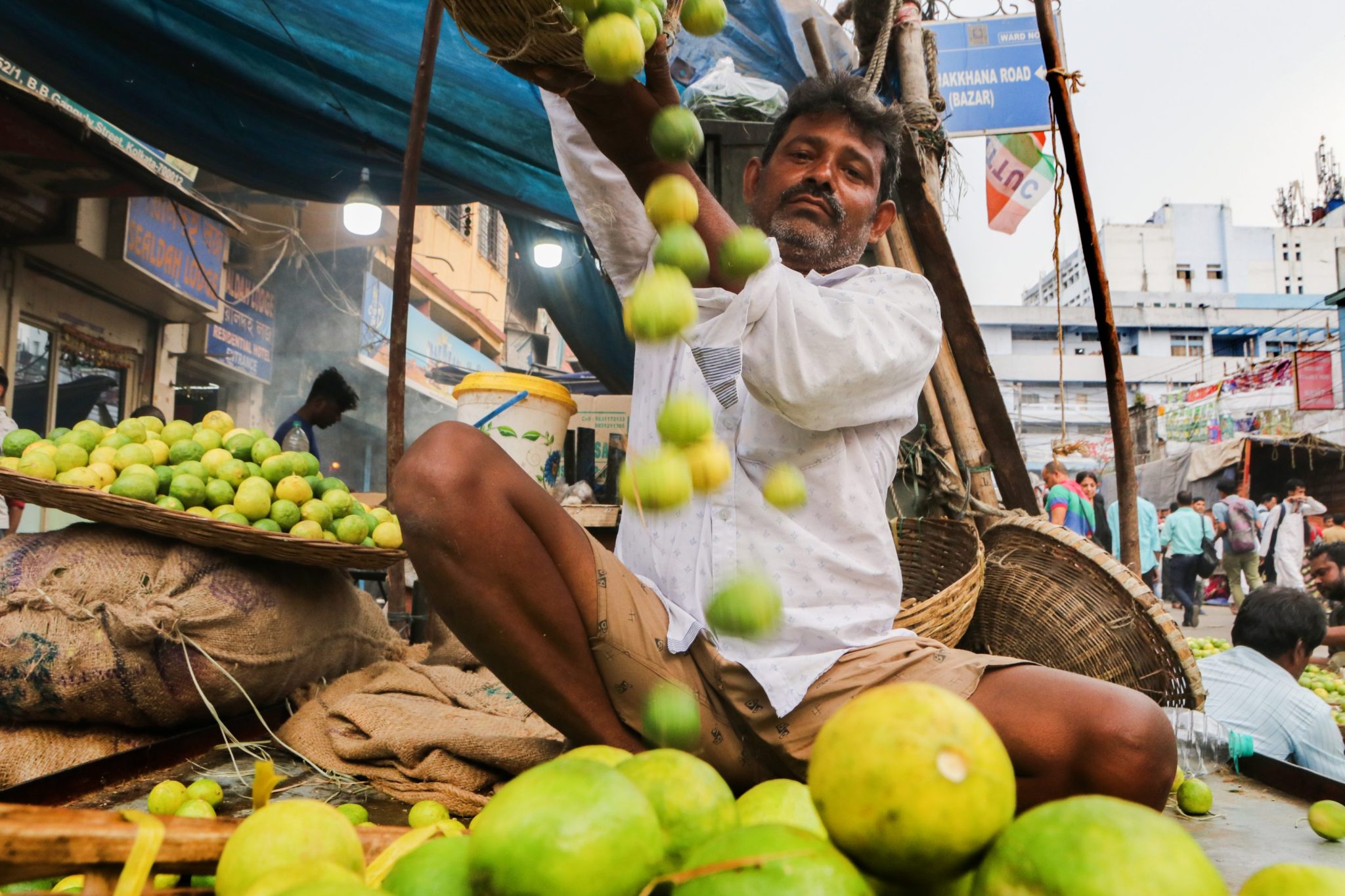The president of the Apatzingan Valley Citrus Producers Association, Bernardo Bravo, was found dead on Monday in Michoacan, Mexico. Authorities confirmed that his body was located in his vehicle along a road in the region, marking a tragic escalation in violence against agricultural leaders confronting organized crime.
Bravo had been vocal in his opposition to the extortion tactics employed by criminal organizations, which have increasingly targeted local producers. In interviews with Mexico’s Radio Formula in late September and earlier this month, he criticized the “permanent commercial hijacking of any commercial activity” by these groups, emphasizing the dire circumstances faced by growers who felt compelled to negotiate with criminals just to survive.
Despite acknowledging some efforts by the federal government to combat organized crime in Michoacan, Bravo insisted that much more needed to be done to curb their impunity. His murder highlights the ongoing peril faced by those standing up against powerful cartels in the region.
Cartel Influences and Economic Impacts
In recent years, lime production has become a lucrative source of income for various cartels operating in Mexico. The state of Michoacan, in particular, has seen significant disruption, with many lime packing facilities temporarily closing this August. Growers reported receiving demands from groups such as Los Viagras for a share of their earnings, leading to widespread unrest among producers and distributors.
Last year, the Mexican federal government deployed hundreds of troops to Michoacan to protect local lime growers from extortion threats. Despite these actions, many producers remain vulnerable to the pressures exerted by organized crime. Bravo’s statements reflect a broader crisis affecting agricultural sectors across the country, where criminal organizations dictate terms to farmers, often manipulating prices and harvesting schedules.
In a historic response to cartel dominance, lime growers in 2013 founded Mexico’s largest vigilante movement. At that time, cartels had gained control over the distribution of limes and avocados, severely impacting local economies. The ongoing struggle against organized crime has not only jeopardized the livelihoods of farmers but has also sparked significant concern within the community and beyond.
Federal Response and Criminal Landscape
Several criminal groups in Michoacan, including the Jalisco New Generation Cartel and United Cartels, have gained notoriety for their violent tactics. These organizations have been designated as foreign terrorist entities by the U.S. government, underscoring the seriousness of the threats they pose. The implications of such violence extend beyond local farmers, affecting the broader agricultural market and regional stability.
As the investigation into Bravo’s murder unfolds, the agricultural community and local authorities are left grappling with the consequences of organized crime on their livelihoods and the urgent need for effective protective measures. The tragic events surrounding Bravo serve as a stark reminder of the risks faced by those who dare to challenge the status quo in regions plagued by cartel violence.
The ongoing situation in Michoacan calls for increased attention and action from both national and international stakeholders, as the fight against organized crime continues to impact the very fabric of agricultural life in Mexico.







